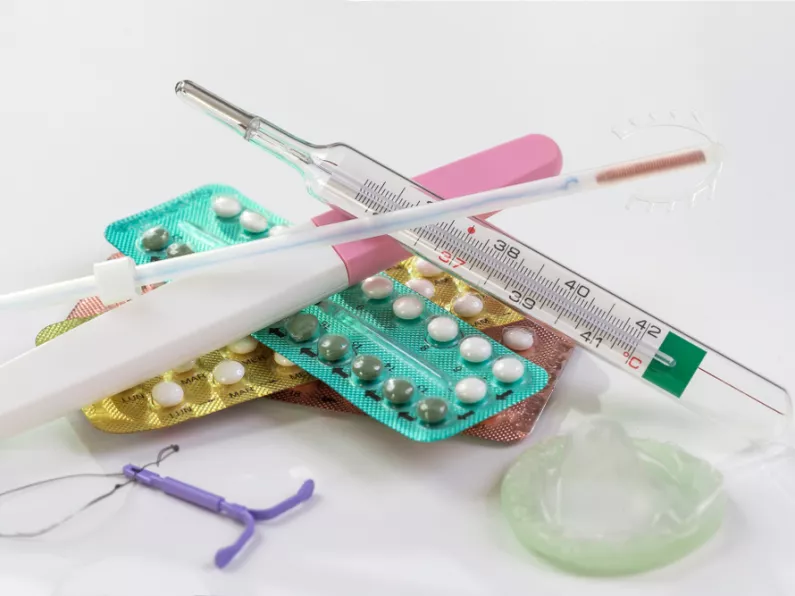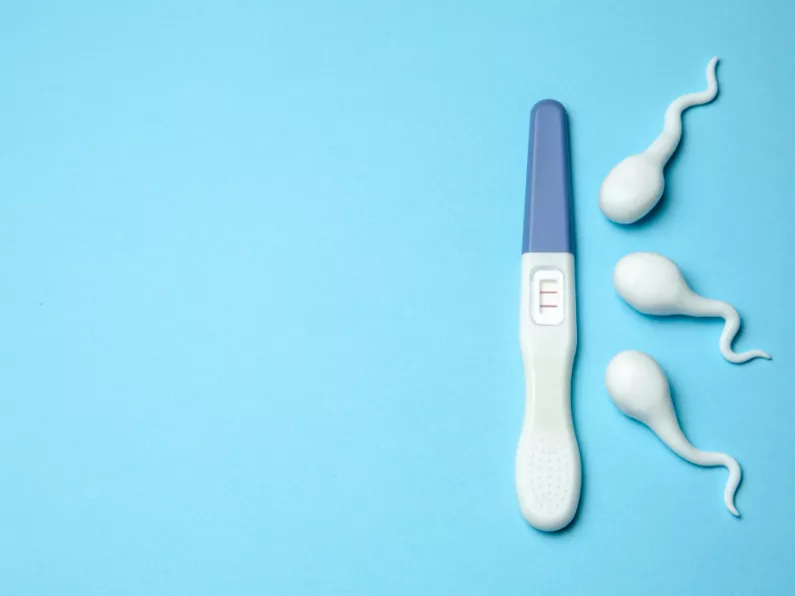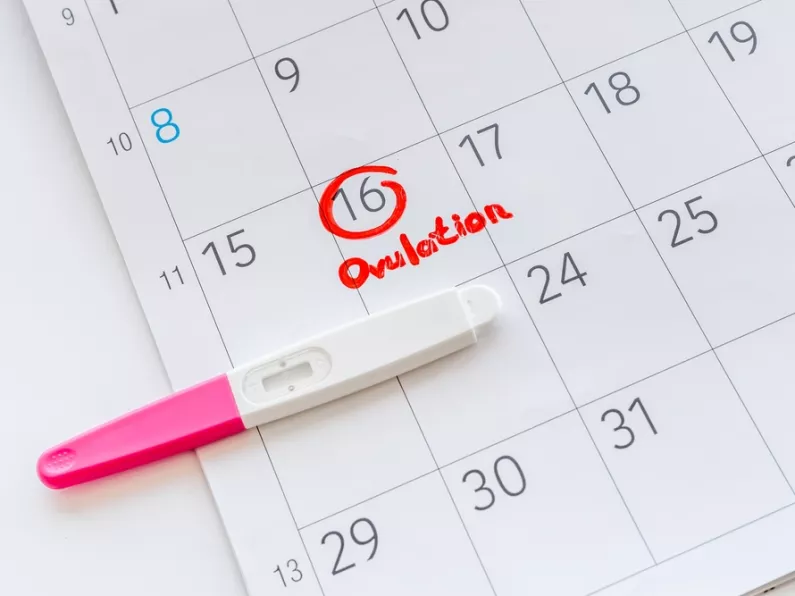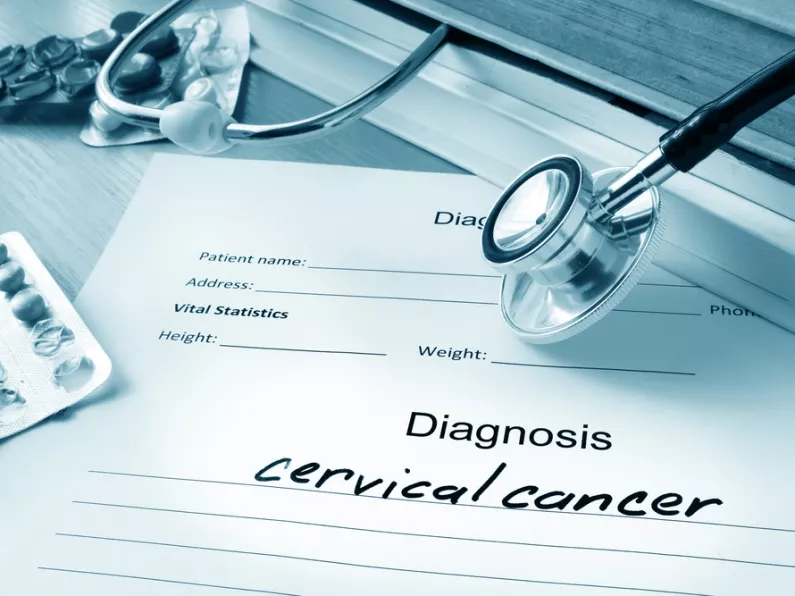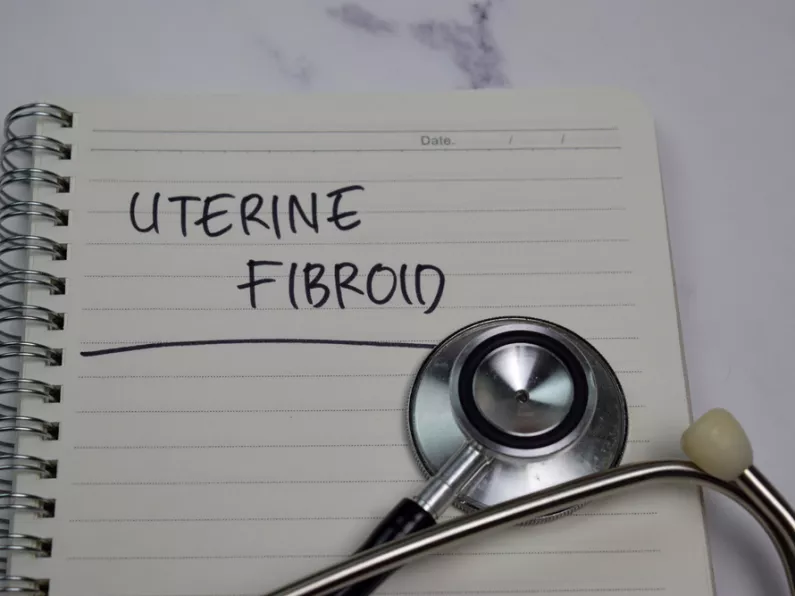It can be daunting having sex again after a baby, so here is what you need to know about contrception after birth.
Generally speaking, there are no rules about when to start having sex again after giving birth.
The rule of thumb is that you can start again when you feel ready, but this can vary from person to person depending on your birth experience and recovery period.
Most health providers suggest waiting four to six weeks before having sex after a baby to give your body time to recover physically.
Postpartum hormonal changes can make your vaginal tissue thinner and more sensitive, and drier.
Your vagina, uterus, and cervix have to “return” to normal size, too. And if you’re breastfeeding, that can lower libido.
Then then there's the psychological considerations of fatigue, overwhelm, and general loss of libido as you adjust to the new you.
What you need to know about contraception after birth
There is a lot to consider before you start having sex again as a new mom, so here is what you need to know about contraception after birth.
Most women don't realise that you can get pregnant as soon as 3 weeks after giving birth, so it's important you're taking precautions if you're not ready to conceive so soon.
The best option is to talk to your GP or family planning clinic about your contraceptive options, and they will help you choose the method that works best for you.
Long-acting reversible contraception
If you feel that your family is complete, or that you want to wait at least a year before your next pregnancy, a long-acting contraceptive may be best.
These 'fit and forget' methods can last anywhere from three months to 10 years, and are the most effective method of contraception available.
- The implant: The contraceptive implant is a small plastic rod that is placed under your skin. It releases progesterone and lasts for three years. It can be fitted any time after birth and is safe to use when breastfeeding.
- The coil: Intrauterine contraception, or coils, are small T-shaped devices that are placed in the uterus. You can choose between the hormonal coil or the copper coil. The main difference is how they affect your periods. The hormonal coil may make periods lighter, and the copper coil might make them heavier. Coils can last anywhere from three to 10 years depending on the type you choose. It is usually advised to wait at least six weeks after giving birth to get a coil fitted, but breastfeeding women may be advised to wait a little longer.
- The injection: The injection contains the progesterone hormone and must be given every 12 weeks. It is generally advised to wait until six weeks after birth to have the injection. It's also safe to use while breastfeeding.
Short-acting contraceptive methods
If you are planning another pregnancy soon, or just prefer not to have a long-acting contraceptive, a short-acting method may be more suitable for you.
The only problem is that these contraceptives are easier to forget to take - often leading to little surprises!
Options for short-acting contraceptive methods include pills that you have to remember to take every day, the patch which you have to remember to put on every week, or the vaginal ring which you have to insert every four weeks.
The combined pill, patch and vaginal ring contain the hormones oestrogen and progesterone.
They can all usually be started three weeks after giving birth.
They are not normally recommended for breastfeeding women because they can reduce milk production.
The mini pill or progesterone only pill can be started immediately after giving birth and is safe to use if you are breastfeeding.
Condoms
Male and female condoms can be used any time after birth. If you are interested in using a diaphragm, or have used one in the past, you should see your doctor after about six weeks to check that you have the correct size.
If you do have unprotected sex, or you think your contraception may not have worked, speak to your doctor or pharmacist.
Some medical conditions, prescribed medications, and lifestyle factors can impact your choice of contraception – meaning not every method will suit every woman, so you should discuss these with your doctor.

